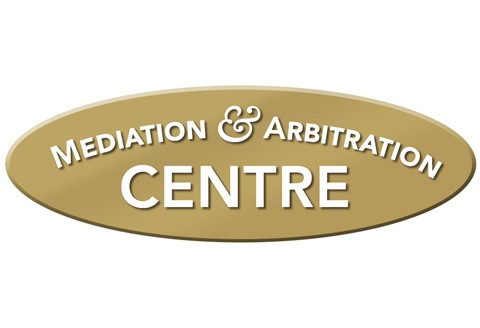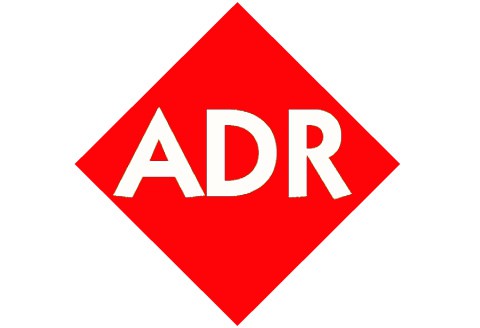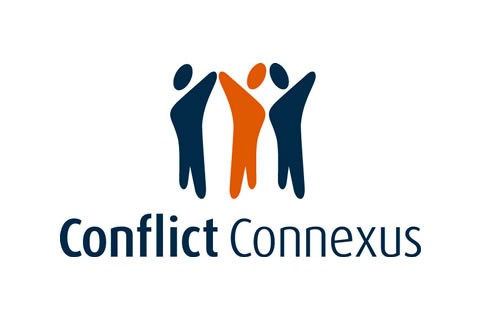DISPUTE RESOLUTION IN AUSTRALIA
You can learn here about Dispute Resolution processes and Alternative Dispute Resolution (ADR) services available in Australia to assist you with the resolution of commercial or personal disputes.
We are dispute management specialists who are expert in the modern dispute management processes of:
- Negotiation
- Mediation
- Conciliation
- Expert Determination
- Arbitration
Small and family owned business can find out about specialist dispute resolution services available under Australia’s trade practices regime, the Competition and Consumer Act 2010.
This is a national law which governs how all businesses must deal with their competitors, suppliers and customers.
Under it, industry wide Codes of Conduct have been published by the Australian Government or voluntarily agreed between industry participants in:
- Franchising
- Horticulture
- Dairy
- Wine
- Food and Grocery
- Oil
- Energy
Find out how to initiate the process of dispute resolution under the various codes and obtain assistance with the resolution processes available to quickly and legally resolve disputes, without the expense of going to court.
DIFFERENT WAYS TO RESOLVE YOUR DISPUTE
What process is right for your dispute? Alternative Dispute Resolution (ADR) Processes compared
Confused by the terminology? Here is a quick comparison of some of the major features and differences in the use of these dispute resolution processes.
- PROCESStype
- Private Meetings
- Evidence
- Time
- Benefits
- Outcome
- Mediationfacilitative
- Private meeting
- Not a search for truth
- Usually one day
- Privileged assisted negotiations
- Agreement between the parties
- Expert Determinationinvestigative
- No need for meetings or hearing
- Documents and party’s submissions
- Depends on complexity-a week
- Expert appraisal
- Binding decision (by agreement)
- Arbitrationdeterminative
- No private meetings or communications
- Hearing with documents and submissions
- Should be shorter than litigation
- Investigative hearing
- Award (binding decision)
Need more information? Click here to receive a free Federal Government Guide on Dispute Resolution processes:
DISPUTE MANAGEMENT SERVICES
Early Intervention Scheme for Legal Disputes
In our experience, getting disputing parties involved in early resolution leads to quicker, cheaper and more satisfactory outcomes than beginning with legal procedures. We can provide a fixed priced, results orientated, ‘value’ based “early intervention” Dispute Management Service to assist with the resolution of your dispute.
We are lawyers and dispute management specialists who understand both the legal litigation framework as well as being experts in the modern dispute management processes like Mediation and Arbitration.
We design a dispute management process that is right for your dispute and implement it for you. Once appointed, we will contact the other party to arrange a joint conference (either remotely or in person) and work with all disputant’s to define the problem, discard unnecessary matters, engage with participants to understand and relieve their emotional angst and narrow the issues for discussion and agreement or determination.
Our charges avoid the normal ‘hourly fee’ because we work with your objectives. By negotiation, our fees to resolve your problems can be an agreed sum relative to your achievement outcomes.
GET HELP Read More

